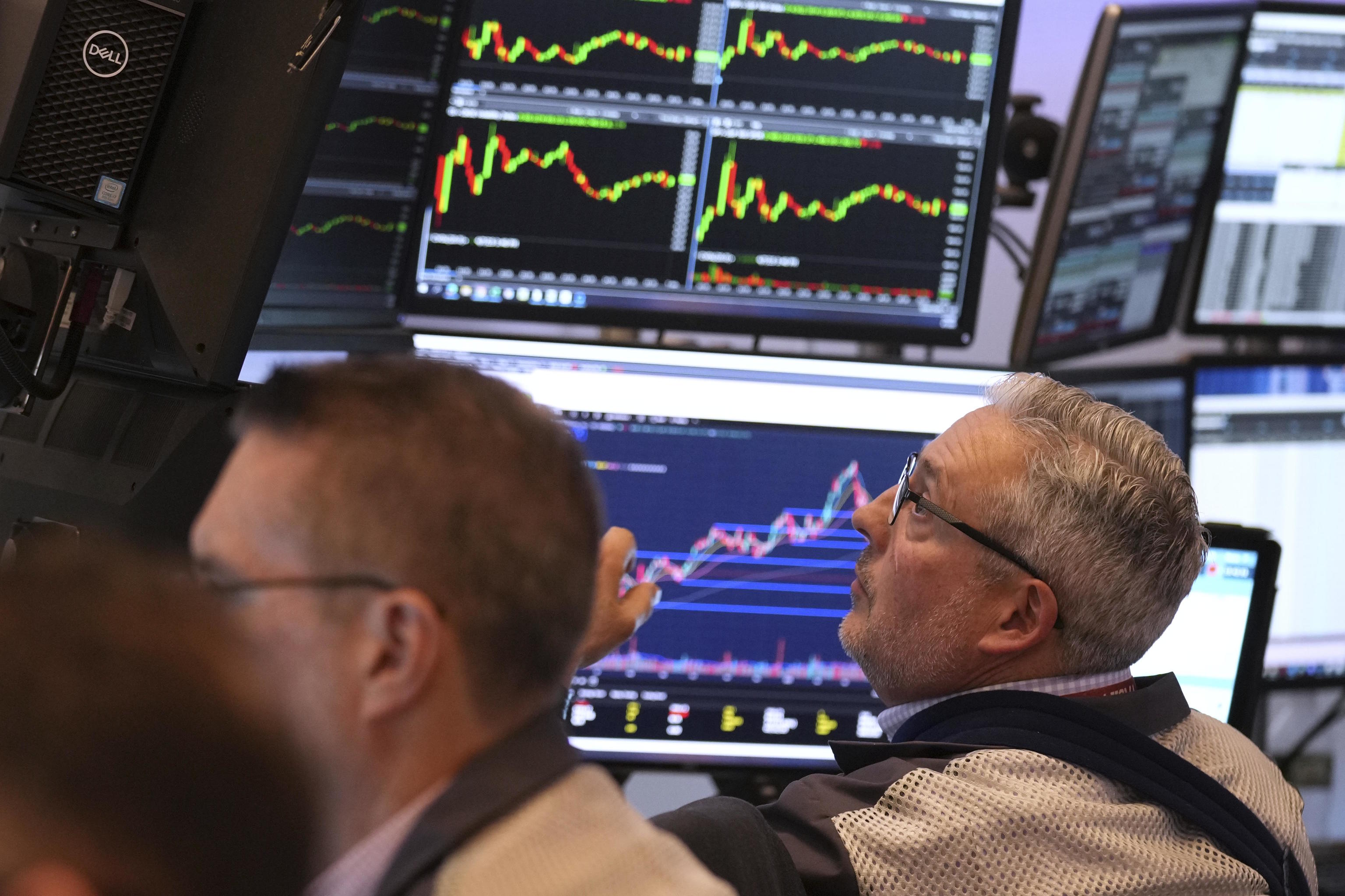Markets are relentless these days for analysts, economists, and investment managers. The tariff war initiated by Donald Trump has shaken the foundations of stock exchanges worldwide after a first quarter where indices like those on Wall Street reached historical levels never before achieved. Some believe that the markets are sending a message to the U.S. president to back down from his confrontation, but in the meantime, many savers and investors risking their money in the markets wonder whether they should endure the stock market earthquake, withdraw their money to shield it from volatility, or instead take advantage of the downturns to invest more and reap the rewards of the recovery.
It is the eternal dilemma of investment, especially from the perspective of small investors and individuals who allocate a portion of their savings to seek some return in the markets. For them, experts recommend not to be swayed by emotions and the panic of steep falls but to maintain caution and make decisions based on rationality.
José Ramón Iturriaga, manager at Abante Asesores and in charge of the Abante Spanish Opportunities and Okavango Delta funds, frames the recent market events as an "overreaction" linked to the measures announced by Trump. An example of this is a fake news published yesterday about the possibility of a 90-day truce on tariffs that caused a turnaround momentarily putting the markets in the green [they returned to the red as soon as it was discovered to be false]. In his opinion, the markets and investors are sending a clear message to the Republican president to reconsider his plan, similar to what happened to the British Liz Truss when she tried to impose her plan in the UK and ended up out of the government in 45 days.
Iturriaga is convinced that this time, the president will also end up losing the battle, especially due to the consequences it will have for his own country and for the confidence of entrepreneurs and citizens. "Looking at the stock exchanges and valuations, all of this will favor Europe, whose reaction is better than expected, with Germany taking the lead," he points out. "There is a lot of European money invested in the American stock market, so if even a portion of that returns to Europe, we will see better performance of regional indices compared to the U.S."
He continues: "This is a very good opportunity to get into the European stock market and the Spanish stock market, where the Ibex 35 is 1,500 points below where it was a week ago and where we find very good fundamentals, both in the economy and in business growth." "It is time for investors to take advantage and buy. Future returns are built on episodes like this," he asserts.
Less enthusiastic is Joaquín Robles, market analyst at Banco Big, who finds it difficult to predict if this is the end of the rally that the Ibex 35 has been experiencing since the beginning of the year. "It will depend on how long the tariff conflict lasts," he notes, although he admits that "once the situation stabilizes or there is some kind of agreement, the indices will rebound strongly. However, thinking that they will recover all losses is complicated, especially in the short term."
Still, we ask him if he believes that the Ibex 35 is now a buying opportunity. "At these levels of declines, which are already in double digits from highs, we would opt for other more globalized indices, such as the S&P 500 or the MSCI World, because historically they have shown a much higher annualized return than the Ibex 35 and have a much broader composition and diversification. Both have demonstrated over a longer period the ability to recover from these types of falls and return to trading at highs," he points out.
For Michael Walsh, strategist at Solutions in the American management firm T. Rowe Price, "making significant changes in asset allocation during times of strong market turbulence leaves the portfolio exposed to missing out on improvements in investor sentiment," and "the market may respond positively to any news related to resolving the current trade uncertainty." Without a change in Trump's stance, the firm sees "better opportunities outside the United States," mentioning the UK and also emerging markets, and favor "cyclical sectors with more attractive valuations, as we anticipate a continued market expansion, moving away from the growth of large U.S. capitalization."
